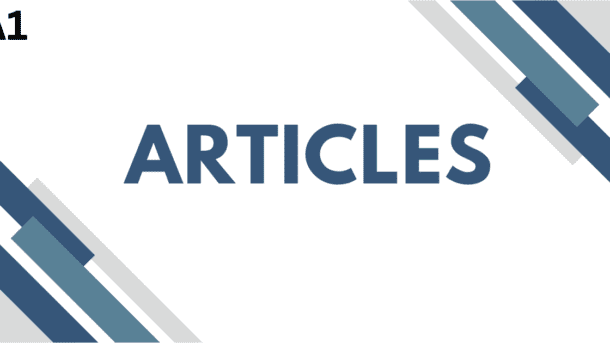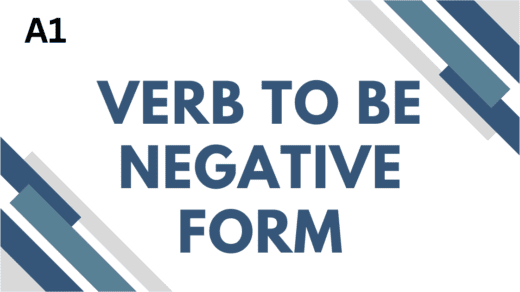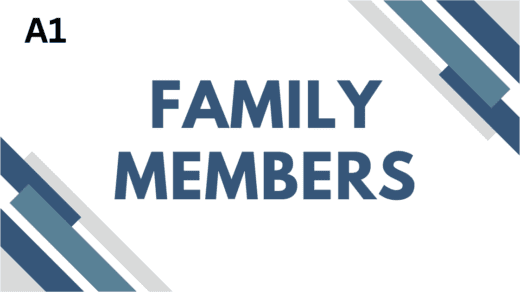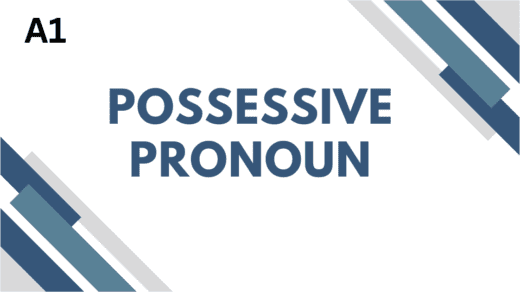Introduction to Articles
Articles are an essential component of English grammar. They help clarify whether we are talking about something specific or general. Understanding articles is crucial for anyone learning English, as they play an important role in sentence structure and meaning. In this lesson, we will explore the two types of articles in detail: definite and indefinite articles. Furthermore, we will discuss their uses, exceptions, and practice exercises that will help solidify the understanding of articles.
Understanding Articles
1.Definite Article
- The: The definite article “the” specifies a particular noun that is known to the listener or reader. It indicates that the noun is unique and has already been mentioned or is understood in context.
- Example:
- “The book on the shelf is mine.” (Here, “the book” refers to a specific book that both the speaker and listener know about.)
- “I watched the movie you recommended.” (The movie is specific as it has been previously discussed.)
2. Indefinite Articles
- A and An: Indefinite articles refer to nouns more generally, without specifying which particular instance of the noun is meant.
- “A” is used before nouns that start with a consonant sound, such as book, piano, hotel, etc. For example: “I need a book for school.”
while “An” is used before nouns that start with a vowel sound, such as apple, elephant, university, etc. For example: “Do you have an apple?” - Examples:
- “A dog barked outside.” (Here, “a dog” refers to any dog, not a specific one.)
- “An elephant is large.” (In this case, “an elephant” refers to elephants in general.)
Rules for Using Articles
Definite Article (“the”)
- Specificity
- Use “the” when both the speaker and listener know what is being referred to.
- Example: “The sun rises in the east.” (There is only one sun, so it is known to everyone.)
- Previously Mentioned Noun
- When a noun has been mentioned earlier in the conversation or text, use “the” in subsequent references.
- Example: “I bought a new car. The car is red.”
- Unique Objects
- Use “the” for objects that are unique or one of a kind.
- Example: “The president will address the nation.”
- Superlatives
- Use “the” with superlative adjectives to specify the extreme quality of a noun.
- Example: “She is the tallest student in the class.”
- Geographical Features
- Use “the” with rivers, mountains, groups of islands, and some countries.
- Example: “The Himalayas are breathtaking.”
Indefinite Articles (“a” and “an”)
- Non-specific Nouns
- Use “a” or “an” when talking about a non-specific item or person.
- Example: “I need a pen.” (Any pen will do, not a specific one.)
- First Mention
- Use “a” or “an” when mentioning a noun for the first time.
- Example: “I saw a movie last night.” (This is the first time the movie is mentioned.)
- Vowel Sounds
- Use “an” before words that begin with a vowel sound, regardless of the first letter.
- Examples:
- “An hour” (the “h” is silent, so it starts with a vowel sound).
- “An MBA” (the “M” sounds like “em,” which is a vowel sound).
- Countable Nouns
- “A” and “an” are only used with singular, countable nouns.
- Example: “A cat” (singular) vs. “cats” (plural, which requires no article or a different determiner).
When Not to Use Articles
- Plural and Uncountable Nouns (General): Do not use articles like “the” with uncountable nouns or plural nouns when they are used in a general sense.
- Countries and Cities: When naming a country or city, omit the article.
- Example:
- America (United States of America)
- China
- London
- Sydney
- However, use “the” with city states like “The Hague” or “The Vatican City”.
- Languages: Articles are not required with language names.
- Example:
- I love French. (Here, French refers to the French language.)
- Academic Subjects: Names of subjects or sciences do not need articles.
- Example:
- I am studying physics. (Here, “physics” refers to the subject of physics.)
- I am a biology major. (Here, “biology” refers to the study or science of biology.)
- Meals, Days, and Seasons (General): Omit articles when referring to meals, days, or seasons in a general sense.
- Example:
- I eat breakfast at eight. (Here, “breakfast” refers to the meal in general, not a specific one.)
- Spring is beautiful. (Here, “spring” refers to the season in general.)
- Titles and Professions (General): Do not use articles when referring to titles or professions in a general sense.
- Example:
- The CEO is a responsible position. (Here, “CEO” is a specific job title; it cannot be general.)
- I am a teacher. (Here, “teacher” refers to the profession in general.)
- Fixed Phrases: Certain phrases are fixed and should not include articles.
- Example:
- How are you? (Here, “how” is the question word, but in this case “are you is” not a question but the question word is.)
- In case of emergency, call the operator. (This phrase is fixed; it’s better to omit the article.)
- Abstract Nouns
- Abstract nouns generally don’t take an article when used in a general sense.
- Example: “Freedom is important.” (Referring to the concept of freedom, not a specific instance.)
Special Cases and Exceptions
- Countries and Organizations
- Some country names take “the,” usually those that include “Republic,” “Kingdom,” or those that have plural nouns.
- Examples: “The United States,” “The Netherlands.”
- Titles and Names
- We do not use articles before titles or names unless it is a common noun following the name.
- Example: “President Obama,” but “the president of the United States.”
- Specific Locations
- Some locational nouns, such as “the North,” “the South,” refer to regions and require “the.”
- Example: “The South has a rich history.”
- Common Phrases and Expressions
- Articles are also used in idiomatic expressions.
- Example: “It’s raining cats and dogs.” (Here, “the” is not used, demonstrating a broader idea.)
Practice Exercises
- Fill in the Blanks
- a. “I saw ___ beautiful painting at the museum.” (Answer: “a”)
- b. “Please hand me ___ pen on the desk.” (Answer: “the”)
- c. “She is ___ best student in the class.” (Answer: “the”)
- Choose the Correct Article
- a. “Can you give me ___ apple from that basket?” (Options: a / the)
- b. “He wants to be ___ engineer.” (Options: an / a)
- c. “___ moon was bright last night.” (Options: The / A)
- Identify the Error
- “I saw a elephant in the zoo.” (Error: “an” should be used instead of “a.”)
- “The children are playing in the park.” (Correct usage of “the,” so no error here.)
tips for studying articles in English:
Here are some effective tips for studying articles in English:
- Learn the Rules: Familiarize yourself with the rules for using definite (“the”) and indefinite articles (“a” and “an”), including specific contexts where each applies.
- Practice with Examples: Read sentences and identify the articles used. Rewrite sentences by changing specific nouns to general ones and vice versa to see how articles change.
- Group Study: Discuss article usage with peers or a tutor to clarify doubts and gain different perspectives on complex cases.
- Use Visual Aids: Create charts or flashcards that outline rules, exceptions, and example sentences to visually reinforce your learning.
- Engage with Real Texts: Read books, articles, or essays and highlight the articles. Analyze their use in context to understand their function.
- Grammar Exercises: Practice with online quizzes or grammar workbooks focused on articles to test your understanding and reinforce your skills.
- Write Regularly: Incorporate articles correctly in your writing by crafting paragraphs or short stories, ensuring you pay attention to article usage.
- Listen and Speak: Engage in conversations or listen to English speakers to hear natural article use, which can help internalize their correct application.
By combining these strategies, you can build a strong grasp of how to effectively use articles in English.
Conclusion
Understanding the use of articles is essential for mastering English grammar. Articles assist in providing clarity and context to nouns, allowing for effective communication. Remember the rules regarding definite and indefinite articles, and practice identifying when to use or omit articles in both spoken and written English. With time and practice, nuances in using articles will become more intuitive, leading to improved fluency and comprehension in the language.
Further Reading and Resources
- Grammar Books: Look for titles like “English Grammar in Use” by Raymond Murphy.
- Online Exercises: Websites like Grammarly, Purdue OWL, and the British Council offer interactive grammar exercises focused on articles.
- Practice Writing: Write short essays or paragraphs, focusing on correctly using articles, then seek feedback.
By familiarizing yourself with the patterns and rules associated with articles, your proficiency in English will continue to improve, enhancing both your written and verbal communication skills.




